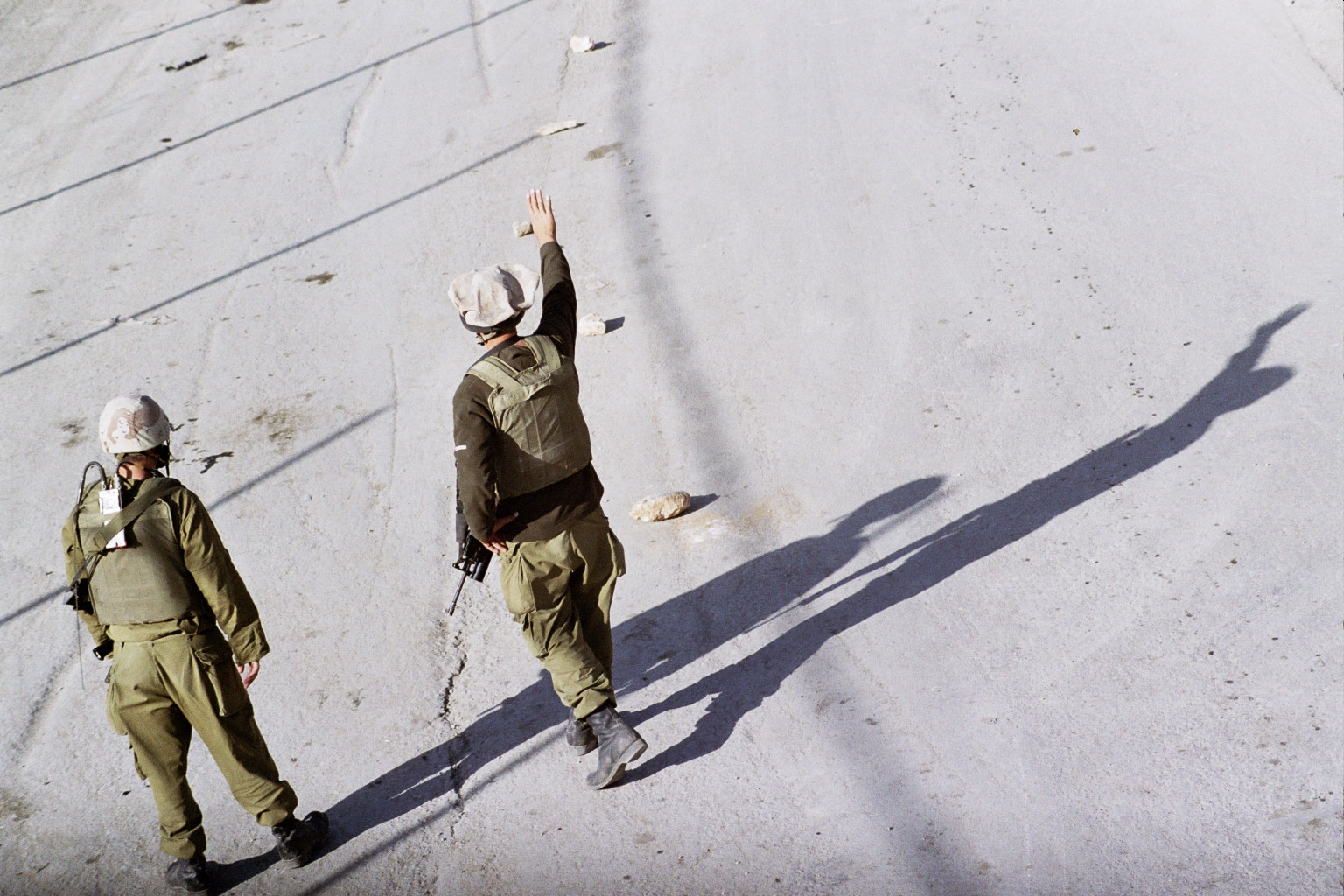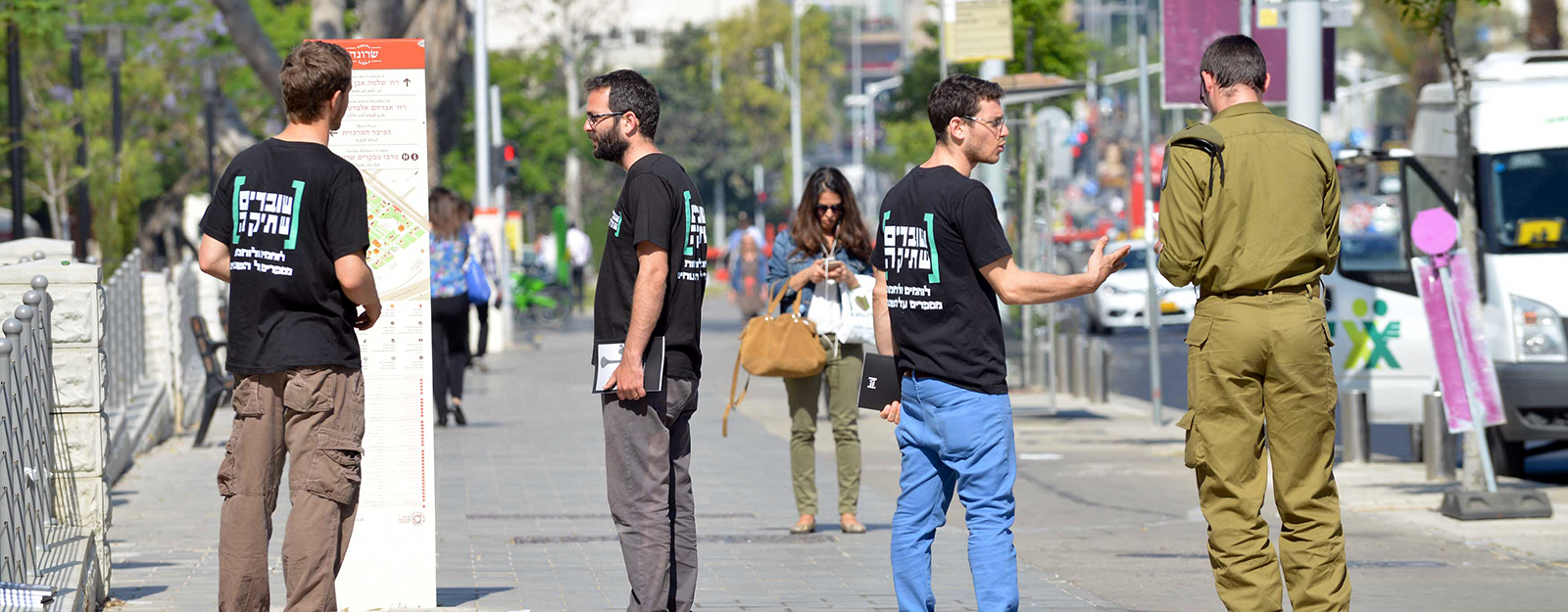The Jewish community [in Hebron] had a clear interest having the army on its side and in its favor. There is a very general atmosphere, set by the leaders of the Jewish community, to hug the soldiers, embrace them and help them. There are all sorts of reasons for this, and I think that part of this is Zionism, and part is the will to give, and a huge part is that they want the soldiers there to feel good about being there and feel positive about the Jewish community. Eventually, you understand that you’re on guard there because of them, every soldier knows that he’s there because of them, because of the Jewish community. Our mission is to protect the Jewish community, so the Jewish community has a very strong interest to cause identification with the Jewish community. When the IDF is there, I would say that it isn’t ethical that it accepts gifts from the Jewish community because that’s exactly what can make it not objective in cases when it needs to be objective. I’ll give you an example, if a kid from the Jewish community comes and starts beating up a Palestinian, he should be stopped, arrested, taken to the police, period.
But if that same kid sits with you and you laugh together and he gives you presents, how can you come and arrest him now? It doesn’t work, so in principle, there should be a separation.
They would invite you to dinner and you would go to dinner? Yes, sure. I ate dinner there a few times. I was hosted.
And when soldiers were invited, you didn’t object to them going to dinner? No. I approved it.
Do you know if there are any limitations or guidelines as to, say, such meetings between soldiers and civilians? I’m not aware of any limitations.









 testimonies
testimonies  media & content
media & content 










 I WOULD SAY THAT IT ISN’T ETHICAL THAT IT ACCEPTS GIFTS FROM THE JEWISH COMMUNITY
I WOULD SAY THAT IT ISN’T ETHICAL THAT IT ACCEPTS GIFTS FROM THE JEWISH COMMUNITY 

 terms of use & privacy policy
terms of use & privacy policy